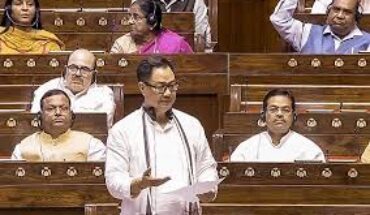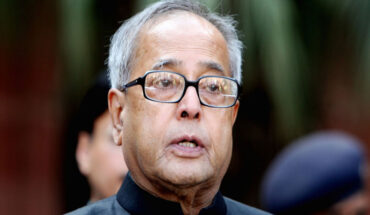SATISH HANDA
Agriculture Products Export Development Authority (APEDA) in alliance with National Bank for Agriculture & Rural Development (NABARD), Basmati Export Development Foundation (BEDF) and Indian Agriculture Research Institute (IARI) at Karnal in a programme to hold 75 workshops in various states across the country producing rice to include Haryana, Punjab, Western U.P, Himachal Pradesh, Jammu-Kashmir, Uttarachal and Delhi states has already started research workshop in Haryana to produce quality rice from cultivation of crop till harvesting the crop at Karnal cultivating different varieties of rice including Basmati rice in much demand in export markets all over the world. Basmati rice was cultivated in this pilot project in 1000 acres area in Karnal district under the supervision of five agriculture graduates each to control 200 acres area will keep an eye over levelling of land, treatment of seeds, use of fertilizers. crops irrigation, pesticide, sprays and crop harvesting, besides providing guidance to farmers.
According to information, India is biggest rice producing country in the world after China having over 20% share in production of rice in the world having about 112 crore ton production of rice in about 34 qualities including Basmati rice having much demand in the country as well as in export markets. According to APEDA Chairman Dr M Angmuthu, in view of few cases of complaints and rejection of Basmati rice in few countries due to excessive use of pesticides decision was taken to hold workshops in major rice producing states in the country to boost quality of rice, especially Basmati rice.
Information reveals, 1.77 crore ton rice of value worth Rs 65,500 crore which included 46 lakh ton Basmati rice of vale worth Rs 30,000 croreand ordinaryrice of value worth rs 35,500 crore was exported from our country during year 2020-21. Now efforts are being made to improve the quality of rice produced in the country to match international standard enabling increase in exports by providing necessary technical know how to farmers to double their income since large quantity of Basmati rice exported to other countries rejected, not accepted by foreign buyers due to excessive use of pesticides. According to agriculture experts usually farmers growing paddy crops apply pesticide sprays six to eight times from cultivation till harvesting the crop which in fact not required and harm the quality of crop.
APEDA Chairman told that initially 25 villages each at Karnal and Nilokheri were identified for trial in pilot project in 2000 acres agriculture land belonging to energetic farmers having minimum two acres area in which Basmati rice crop has been cultivated for trial under the supervision of agriculture graduates each taking care of nearly 100 villages to find out the results.




